৩ ফাল্গুন ১৪৩২
4 US Congress Leaders May Confront Trump, 'Shutdown' If Dispute Not Resolved!
28 September 2025 20:09 PM
NEWS DESK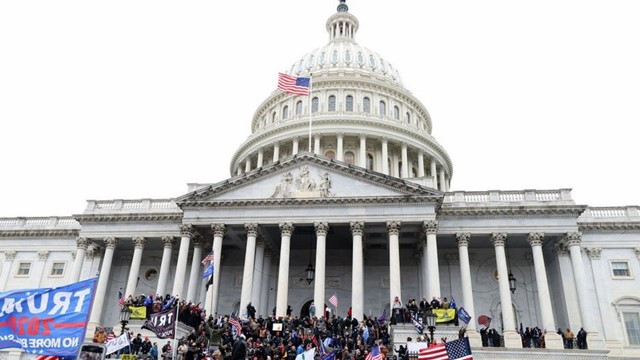
With three days to go before a US government shutdown, an advocacy group that tracks federal spending warns that about $8 billion approved by Congress for healthcare and education is at risk of going unused, held back by President Donald Trump's administration.
The potential "backdoor cuts" identified by the litigation-focused group Protect Democracy are an example of the way the White House, in pushing to remake the government, is setting aside agreements reached by Congress, which the US Constitution gives authority over spending.
It's an approach that has helped to deepen the distrust with lawmakers that has prevented an agreement on funding the government into the new fiscal year that starts on Wednesday.
US lawmakers are also taking notice of the administration's approach, as Senate Appropriations Chair Susan Collins, a Maine Republican, wrote the administration on Thursday with Senator Cory Booker, a New Jersey Democrat, to push for full funding this year – not elimination -- of 21 educational and cultural exchange State Department programs across the world. This funding was approved in a bill Trump himself signed into law in March.
The Protect Democracy spending analysis relies on government data for select programs and is not a full accounting of the roughly $7 trillion federal budget. It found that more than 62% of funding approved by Congress this year for reducing substance abuse – about $2.6 billion for programs at the Substance Abuse and Mental Health Services Administration – had not yet been obligated this month to grantees to support a range of programs for alcohol and drug use prevention, treatment, and recovery.
"These funds are a lifeline for communities on the front lines of the overdose crisis. Every day we wait to get resources out the door is another day communities are forced to stretch already thin systems of care," said Libby Jones, the program director of the Overdose Prevention Initiative at Global Health Advocacy Incubator.
The spending analysis also found that $2.59 billion of funding for higher education support programs, about 82% approved for these Education Department programs, was not yet sent to community colleges, nonprofits, and schools for programs to assist college enrollment, low-income students and first-generation students.
If these funds are not committed by the end of the fiscal year on Tuesday, the money goes into a five-year limbo until it can be canceled and returned to the federal Treasury.
"This is no way to run a government, where at best billions in taxpayer dollars are being rushed out the door and at worst, the Trump Administration is illegally withholding more funding," said Senator Tammy Baldwin of Wisconsin, the top Democrat overseeing health and education funding.
A spokesperson for the White House's Office of Management and Budget said funds do not expire in some instances, as is the case for some of the State Department programs, but the official did not say whether the Trump administration would spend the funds.
POLITICAL FIGHT OVER HEALTHCARE, SPENDING
The Trump administration came into office challenging Congress' funding power by freezing spending, pushed for mid-year cuts that were greenlit by Republican lawmakers and argued the executive branch has more power to stop funds from going out the door at the end of the fiscal year.
Cerin Lindgrensavage, a lawyer for Protect Democracy, said the administration's late-year strategy has "hidden spending that they don't want to fight about because they know they could lose that fight."
"The cuts that we have been tracking fall in areas where the Trump administration has already proposed significant cuts for next year, but they're making them happen now rather than seeking to get Congress to agree to them for the future," she added.
Trump's spending delays have haunted Congress' funding discussions, but now have been overshadowed by the government funding fight.
Republicans in control of both chambers have mostly been quiet on these last-minute funding delays by the administration, focusing their attention on accusing Democrats of trying to force a shutdown over opposition to the president.
Senate Democrats are mostly united to use their legislative leverage to push for healthcare fixes in the funding negotiations, but they have also opened up alternative lines of negotiation. Receiving less attention in Democrats' funding counterproposal is a list of spending protections to push back on executive branch meddling with grant funding next year, including an extension of any current funds not-yet spent.
"If you allow the president to override the will of Congress with their funding bills, that can come back to haunt you as soon as the next administration comes in," said Dr Casey Burgat, director of George Washington University's Legislative Affairs program, "It gives the power to the president that he was never intended to have."






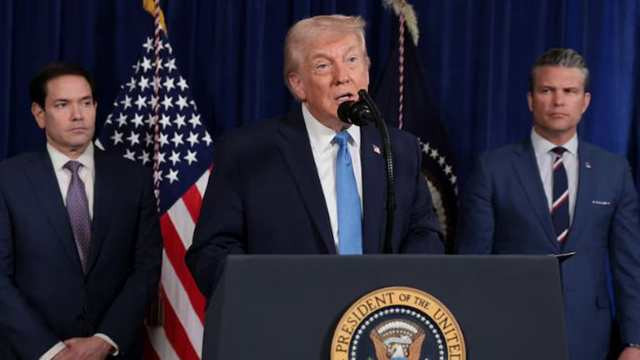

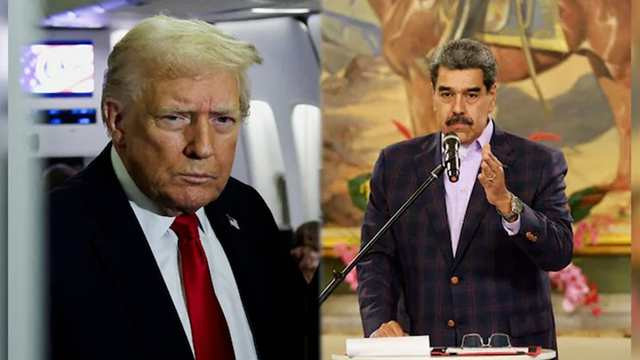
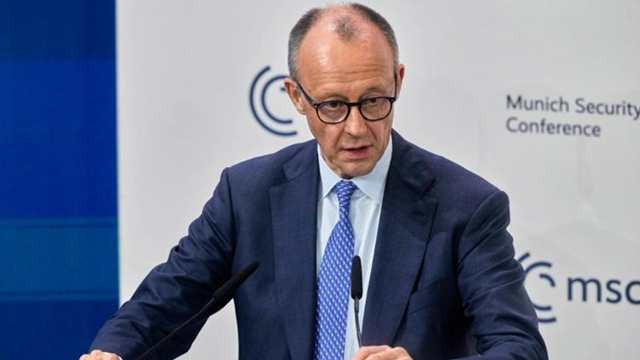

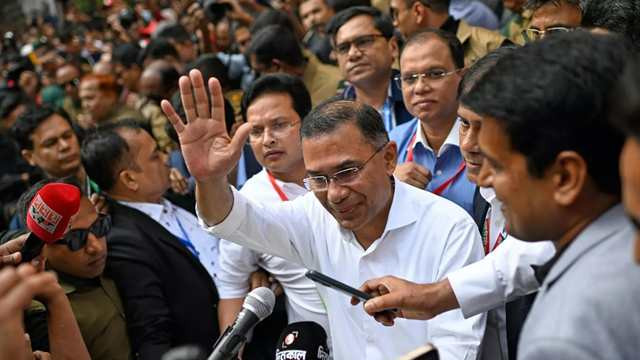


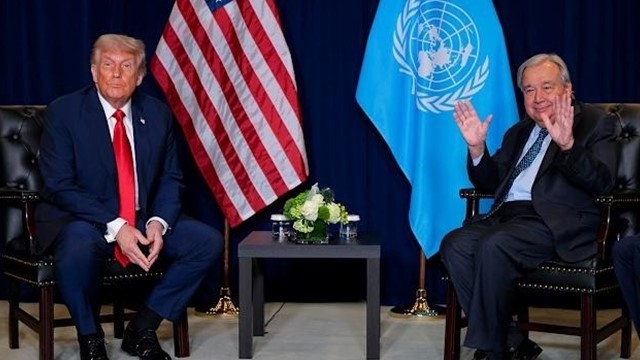


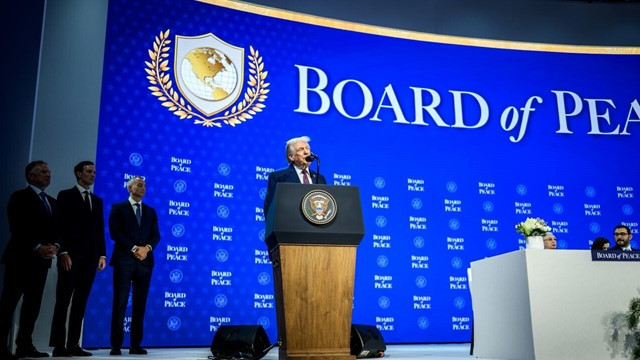

Comments Here: